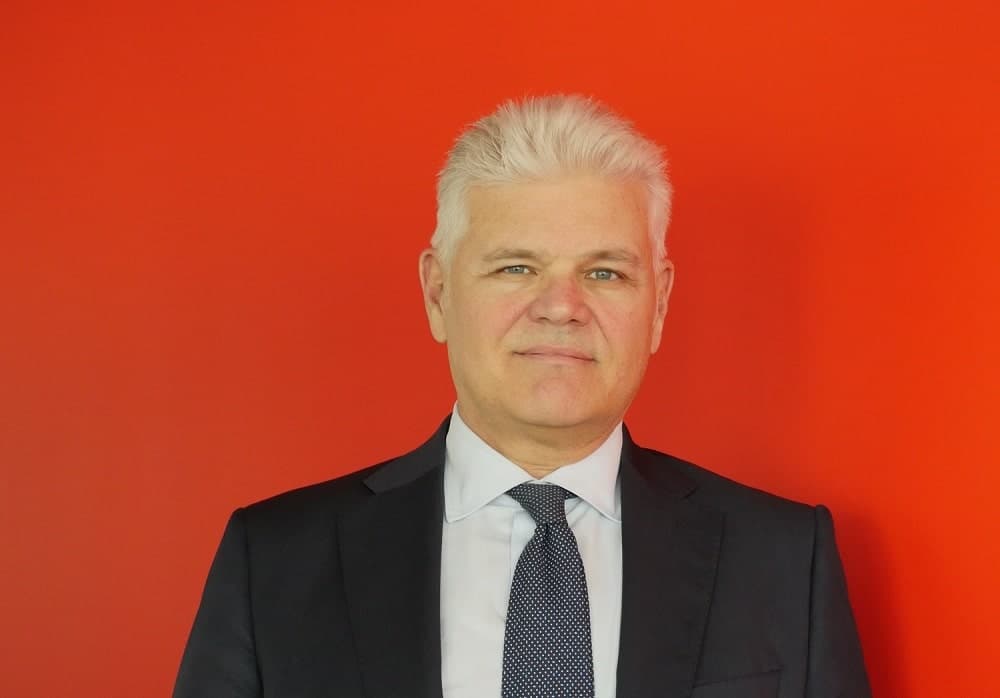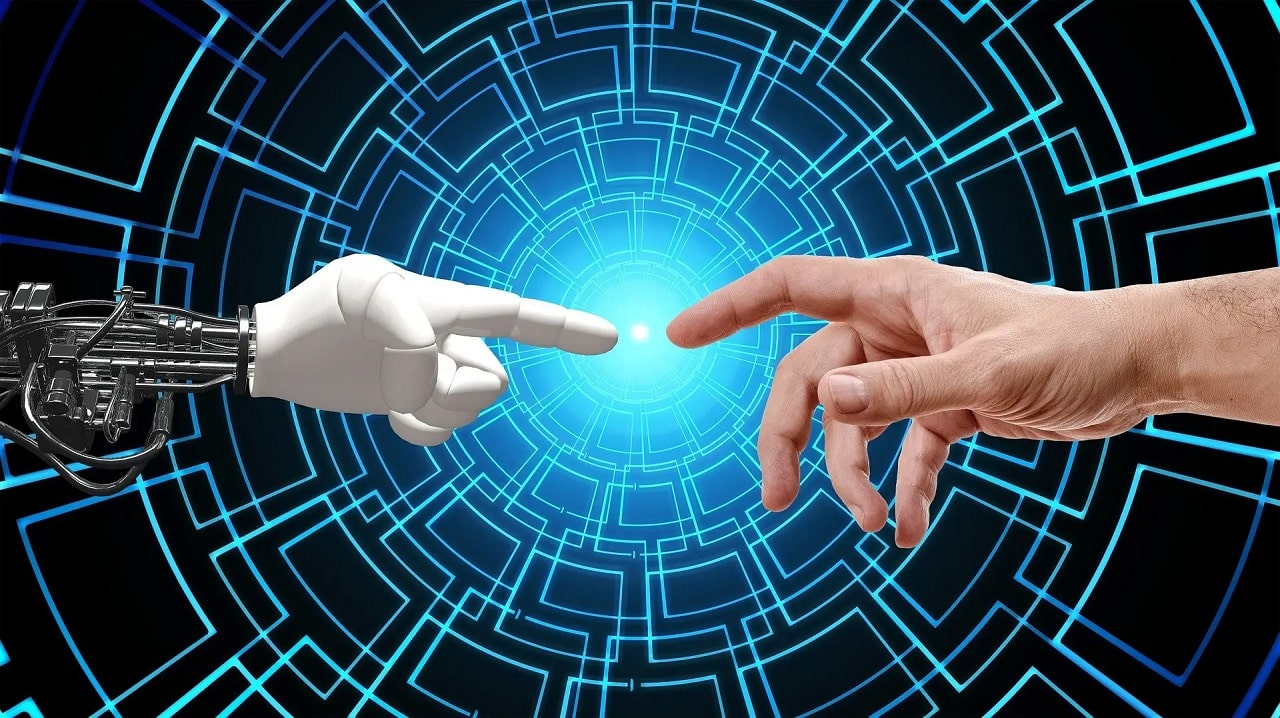PwC Italia held an event entitled “Technology and new humanism”part of the cycle “Italy 2022: People, Work, Business“. A platform for a dialogue between institutions, finance and business to try to put people at the center of digital transformation.
PwC Italia talks about technology and the new humanism
Organized with the GEDI publishing group, the event saw the participation of illustrious people. As the Minister for Ecological Transition Roberto Cingolani, which focused attention on the digitization process. Which with the pandemic has seen an unparalleled acceleration.
Many interventions, from Andrea ToselliPresident and CEO of PwC Italia a Fabio Vaccarono, President and CEO of the Multiversity Group. And then Federico MarchettiTechnology Entrepreneur and President of the Sustainable Market Initiative Taskforce of Prince Charles of England e Alessandro GrandinettiPartner PwC Italia, Clients and Markets Leader. Con loro Alessandro Caridi, Partner PwC Italia, PwC Digital Innovation Leader, Anna Ruzzene, Partner PwC Italia, Finance Transformation. Infine Alessandro De AngelisDeputy Director, HuffPost e Francesco BeiDeputy Director of La Repubblica.
The focus of the discussion is the possibility of putting people first in the digital transition. Andrea Toselli, President and CEO of PwC Italia explains: “Digital humanism does not look at technology as an invasive system ready to replace people, their work and their social dynamics, but as an opportunity for the improvement of our entire system”.
 Giovanni Andrea Toselli, President and CEO of PwC Italia
Giovanni Andrea Toselli, President and CEO of PwC Italia
A long way to go
In 2021 Italy was 20th out of 27 in Europe for the digitization index economy and society (DESI). But it is instead in tenth place for digitalization of businesses. For example, the 95% of companies in Italy have electronic invoicing and a third (38%) use cloud services). But it remains weak for big data (9%) and artificial intelligence (18% compared to 25% in Europe).
However, the PNRR could be the key to a breakthrough. With 6.7 billion euros for the development of the networks ultra broadband and 5G, 6 billion for the PA reformwhile well 13.4 billion for the digitalization of businesses.
But what needs to be recovered is the human capital. Toselli explains: “The most worrying aspect to date is the significant delay in terms of human capital. Italy records levels of basic digital skills and advanced very low compared to the EU average “.
Increase digital skills
We therefore need to improve training. In Italy they have a degree in disciplines STEM only 24.9%, the percentage rises to 36.8% among men and falls to 17.0% among women. In our country only 42% of people aged between 16 and 74 have at least basic digital skillscompared to the EU average of 56%.
With the Repubblica Digitale fund, the PNRR aims to raise the percentage of digitally capable citizens to 70% by 2026. Above all to address the employment problems deriving from automation and digitization, which could cost 85 million jobs by 2030. It is therefore necessary to exploit the opportunities in fields that will instead assume the green economy, the data economy, AI, cloud computing and product innovation. For which, however, preparation is needed.
As Toselli concludes, “We must always think in terms of technological innovation at the service of mankind, considering with great attention the benefits and disadvantages that the phenomenon can entail for our system. From Smart Working to sustainable savings, from de-bureaucratization to artificial intelligence applied to production systems: in the era of digital humanism it is essential to remember to keep people at the center. The work in the The service economy must therefore necessarily provide for new and more functional reorganization formulas aimed at increasing the productivity and profitability of the employee, and therefore of the company itself “.
More information on the official website of PwC Italia.















Leave a Reply
View Comments